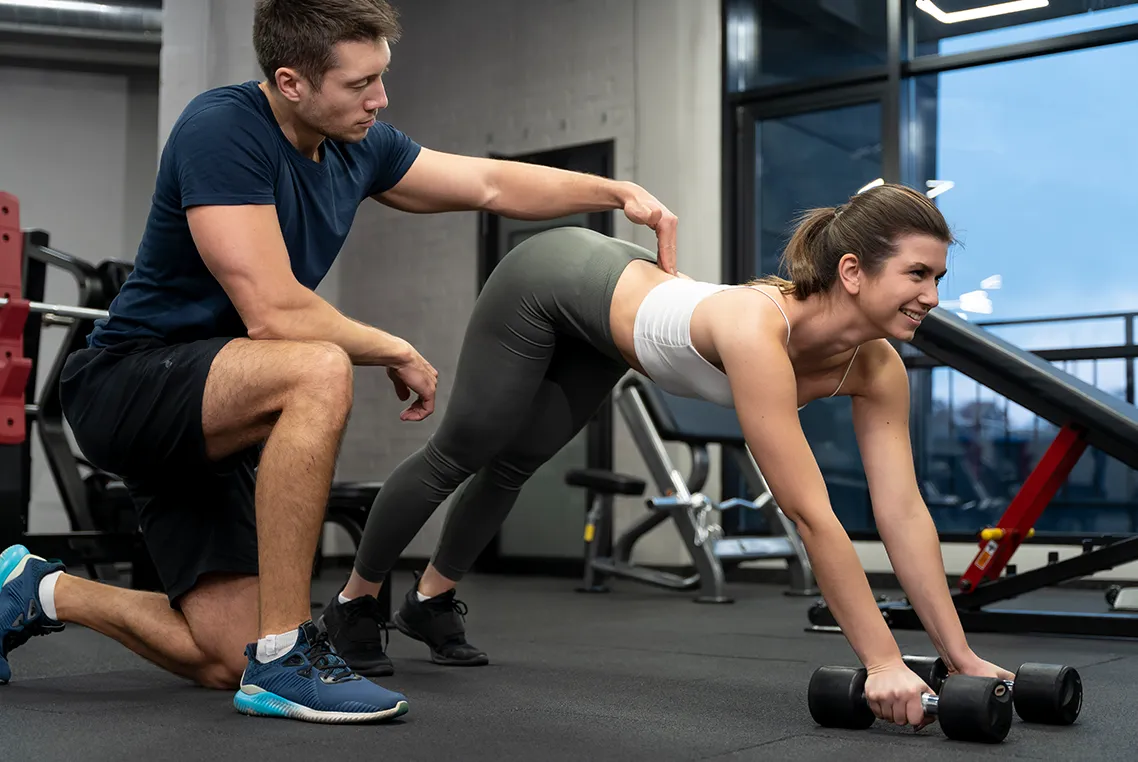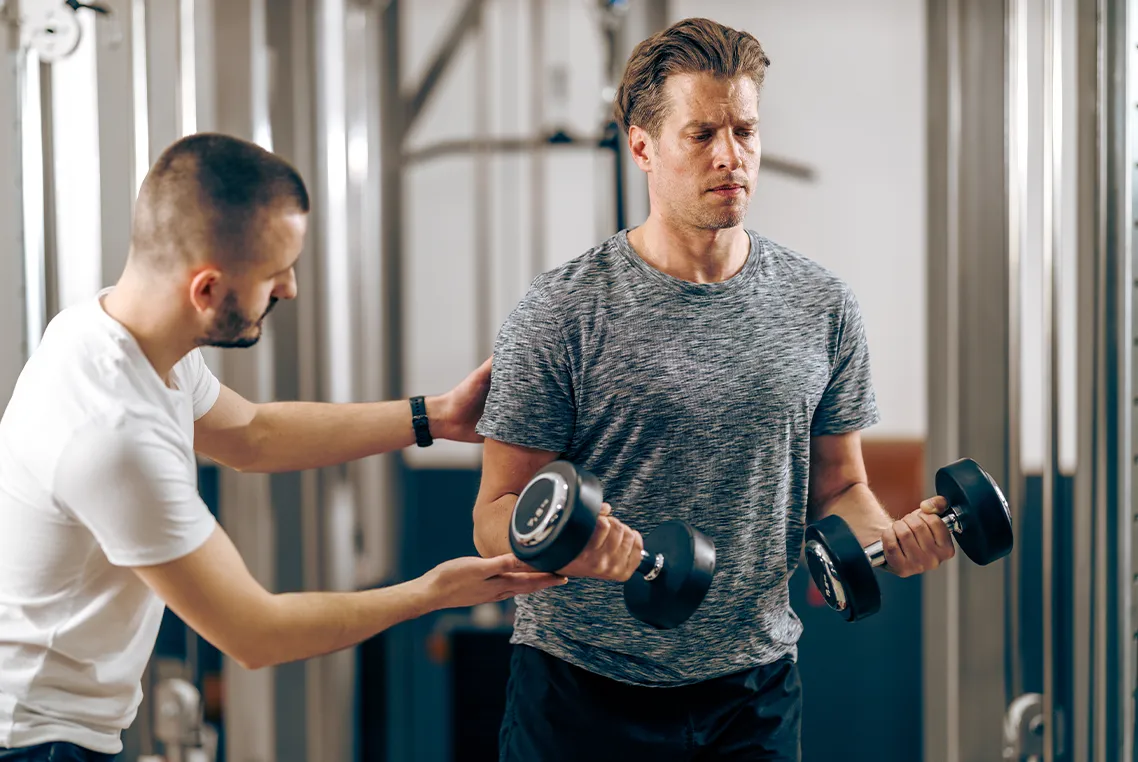

The recovery principle of training emphasises the critical role of rest and recuperation following periods of exercise or physical activity.
Adhering to this principle is vital for optimising athletic performance, averting injuries, and fostering overall health and well-being. The following points elaborate on why incorporating the recovery principle into your fitness regimen is essential:
Intense exercise can place a lot of stress on the body, increasing the risk of injury. Allowing the body time to recover can help reduce this risk by giving the muscles, tendons, and joints time to repair and regenerate.
During physical activity, our bodies deplete energy stores, primarily in the form of glycogen. Recovery periods allow the body to replenish these stores, ensuring that we have the energy required for subsequent workouts and daily activities.
Recovery is essential for promoting muscle growth and development. During exercise, muscles are broken down, and it is during the recovery period that they rebuild and become stronger.
Without adequate recovery, individuals may become burnt out and lose motivation to continue with their exercise routine. By allowing time for rest and recovery, individuals can maintain their enthusiasm and motivation for exercise and physical activity.
Rest and recovery are not only important for physical health but also for mental well-being. Taking breaks from exercise allows for mental recuperation, reducing the risk of burnout and promoting a positive, sustainable relationship with fitness.
Recovery is essential for optimising athletic performance. Without adequate rest and recovery, the body may become overtrained, which can lead to decreased performance, fatigue, and injury.
By understanding and implementing the recovery principle, athletes and fitness enthusiasts can optimise their training programs, prevent injuries, and promote long-term health and well-being. Remember, recovery is not a luxury, but a vital component of a well-rounded fitness routine.



ONSITE LESSONS
Practical classes take place either at NTC or SPORTSCO, Ringsend, Dublin 4
Saturday from 10:30am to 1pm and 2pm to 4:30pm
July 2025 – 26th♦
August 2025 – 9th, 16th, 23rd, 30th
September 2025 – 6th, 13th, 20th, 27th
October 2025 – 4th, 11th, 18th♦, 25th
November 2025 – 1st, 8th♦, 15th, 22nd, 29th, 30th
December 2025 – 6th & 7th
Examinations and/or class will start at 9:30am on dates indicated with ♦
ONLINE LESSONS
Tuesday and Thursday Evenings from 7pm to 9pm
(Recordings available afterwards)
July 2025 – 29th, 31st
August 2025 – 5th, 7th, 12th, 14th, 19th, 21st, 26th, 28th
September 2025 – 2nd, 4th, 9th, 11th, 16th, 18th, 23rd, 25th, 30th
October 2025 – 2nd, 7th, 9th, 14th, 16th, 21st, 23rd
OPTIONAL FREE COURSE
National Qualification in Kettlebell Training
November 2nd, 2025 – Sunday from 10:00-17:00